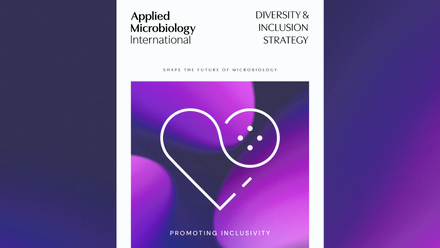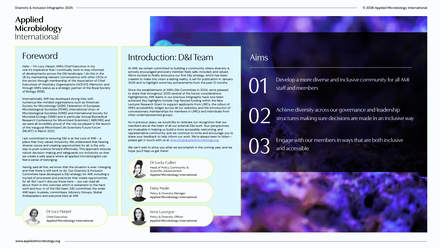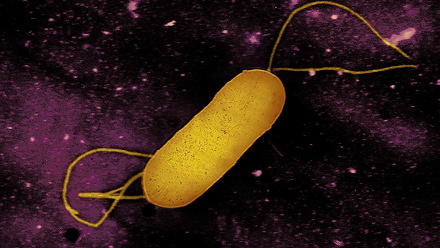LGBT+ STEM Day: Navigating Intersectionality and Building Hope

A key player in MLSFF, Nicolas Farmer marks International Day of LGBTQIA+ People In STEM day by opening up on his journey in STEM as a Black and queer person - and reveals why finding community is vital.
My name is Nicholas Farmer (they/he). I studied Psychology before moving into Equality, Diversity and Inclusion in the biomedical field. Today, as Race Equity Lead at the Medical Research Council, my work focuses on tackling the underrepresentation of Black researchers in the biomedical field. The intersection of being Black and queer has shaped every part of my journey.
Entering academia as a Black LGBTQ+ person is not without risk. Research shows that visibility can feel like a disadvantage, with many fearing tokenism rather than genuine inclusion (Cech & Waidzunas, 2021). In the UK, Black researchers remain severely underrepresented: only 1.2% of UKRI-funded studentships went to Black or mixed-Black students between 2016 and 2019, and Black principal investigators have the lowest grant success rate at 13%, compared to 29–30% for White applicants (UKRI, 2021). At the same time, intersectional barriers persist—Black LGBTQ+ professionals report earning 11% less than heterosexual Black peers, and 60% experience microaggressions and tokenism (Diversity.com, 2023).
Transgender in STEM
Being transgender in STEM can feel daunting. I’ve avoided men’s toilets to prevent “causing a scene.” These small decisions reflect larger systemic issues—heteronormativity and rigid gender roles still dominate labs and research spaces. For me, queerness and Blackness are inseparable; I cannot talk about one without the other.
Despite these challenges, change is happening. Since 2019, ring-fenced PhD studentships for Black researchers have grown from zero to over 20 annually by 2025, thanks to initiatives like King’s College London’s Harold Moody Studentships, Birkbeck’s Diversity100, and the University of Birmingham’s 125th Anniversary Scholarships (Broken Pipeline Report, 2019; Research England, 2023). These schemes represent a modest but meaningful commitment to equity.
My turning point came through the Minoritised Life Scientists Future Forum (MLSFF). What started as a professional commitment became a personal lifeline. At MLSFF’s inaugural event in Birmingham, I found mentors, networks, and a sense of belonging. Conversations with academics showed me a pathway back into research—one where I wouldn’t have to compromise my identity.
A Message for Those Considering STEM
If you’ve faced discrimination or felt excluded, know this: there is space for you. Start by finding community—join us at MLSFF 26 in Edinburgh. There are people ready to support you, guide you, and remind you that we are stronger together. STEM needs your voice, your perspective, and your brilliance.
References (APA 7th Edition)
- Broken Pipeline Report. (2019). The broken pipeline: Barriers to Black PhD progression. Retrieved from https://www.advance-he.ac.uk
- Cech, E. A., & Waidzunas, T. J. (2021). Systemic inequalities for LGBTQ professionals in STEM. Science Advances, 7(3), eabe0933. https://doi.org/10.1126/sciadv.abe0933
- Diversity.com. (2023). Black professionals and intersectionality barriers. Retrieved from https://diversity.com/post/black-professionals-intersectionality-barriers
- NHS Digital. (2022). Mental Health Act statistics. Retrieved from https://digital.nhs.uk
- Research England. (2023). EDEPI programme and equity initiatives. Retrieved from https://www.ukri.org
- UKRI. (2021). Diversity data for funding applicants and awardees 2020–21 update. Retrieved from https://www.ukri.org/publications/diversity-data-for-funding-applicants-and-awardees-2020-21



